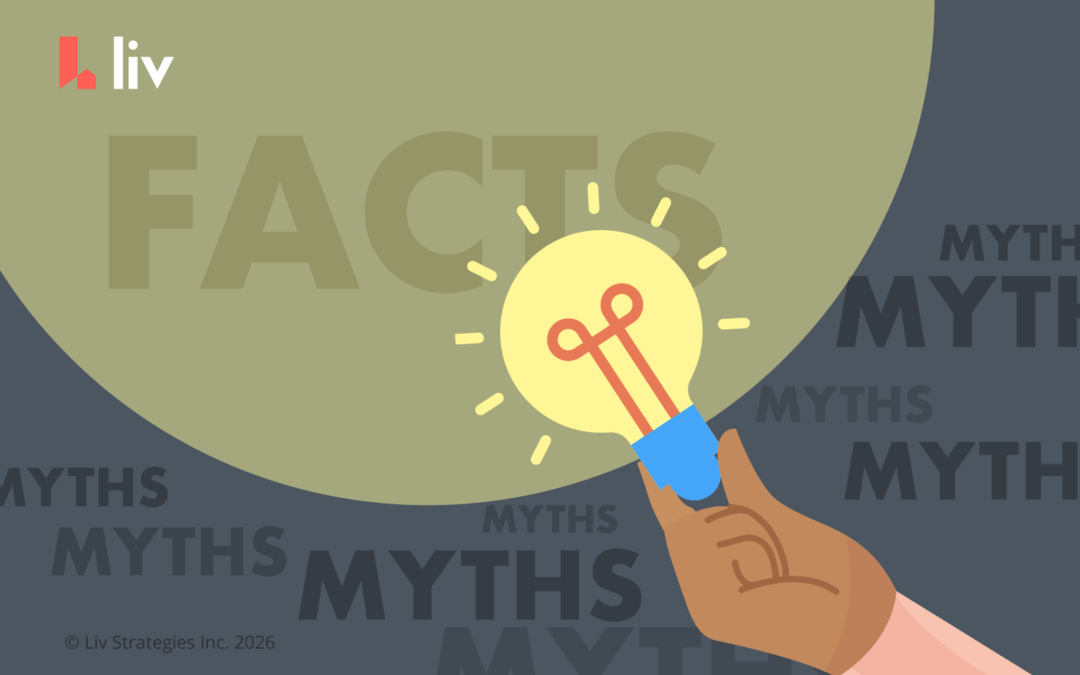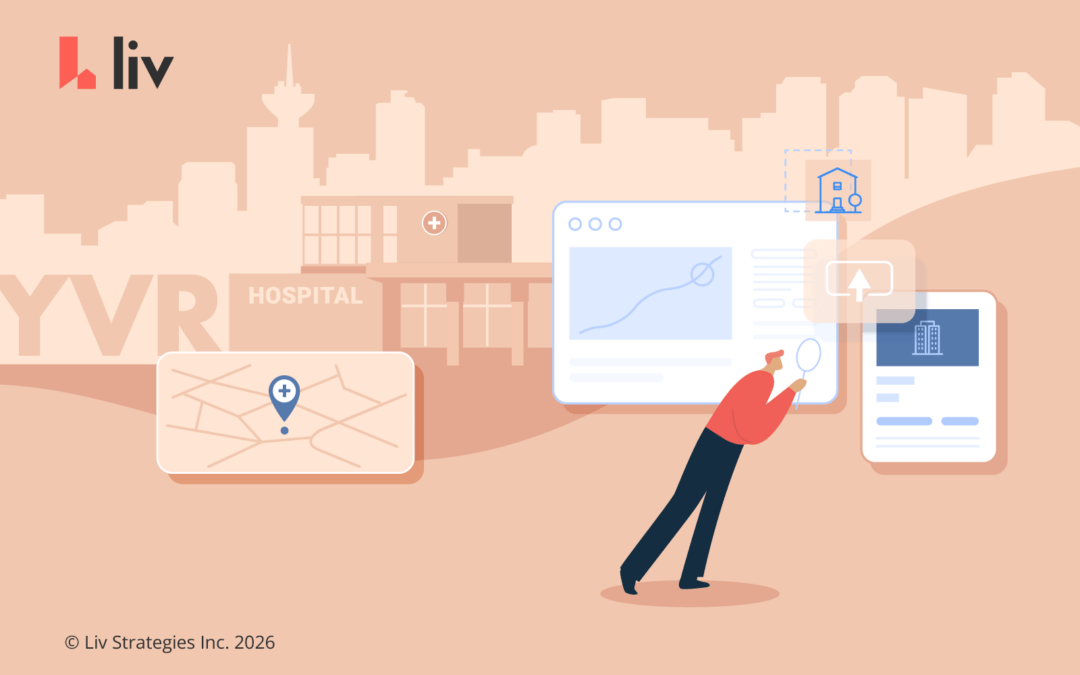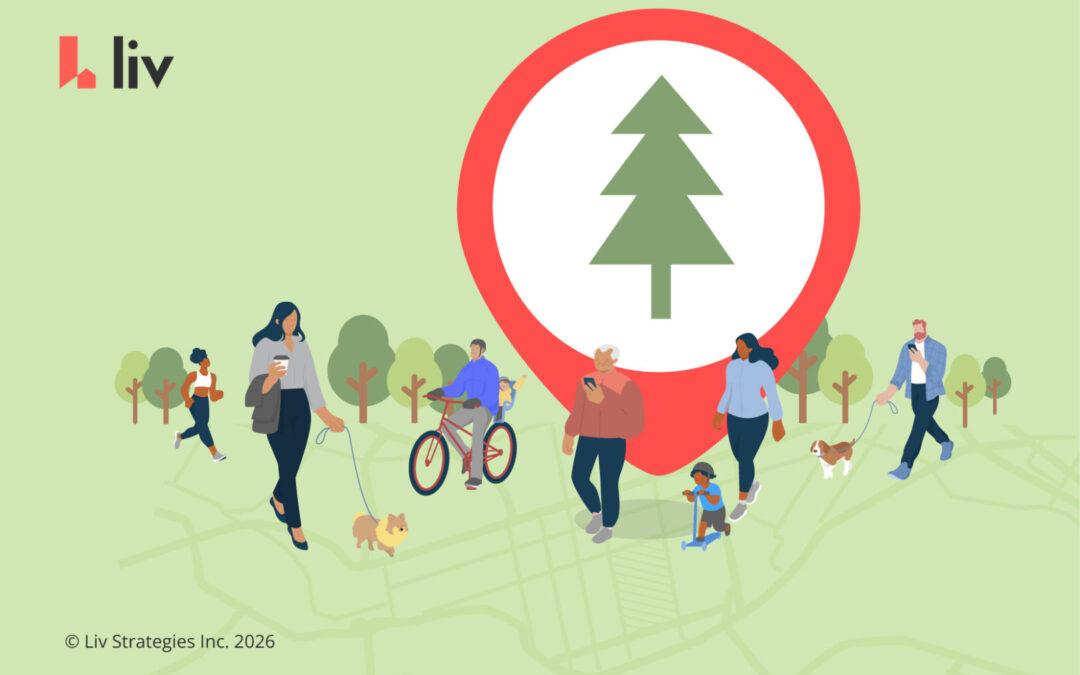Once you’ve found your next home, then it’s time to fill out a rental application. But if you’re a first-time renter, then the application process can be a bit overwhelming.
Hi there, we’re liv.rent, and we’re here to help make renting safe and straightforward. Our FAQ series, all about the rental application process in Ontario, is designed to help you navigate with ease.
You can subscribe to our newsletter to keep updated on the Toronto rental market.
This FAQ article is the final piece of our four-part series on everything you need to know about applying for rentals in Ontario. Check out our other posts:
- Part 1: What’s A Standard Rental Application?
- Part 2: What do you need when applying for a rental?
- Part 3: What can a landlord ask for on a rental application in Ontario?
How do I fill out a rental application in Ontario?
A landlord will provide you with a rental application. It will be a form you need to fill out with many fields for your personal information, employment history, and rental history. Then, you must fill it out and attach any necessary supplemental documents.
It can be time-consuming to fill out application forms, especially PDFs or paper copies. Still, it’s crucial to take the time to provide enough information to the landlord at this stage, especially in a tight rental market.
Pro tip: fill out your liv.rent profile once and use it to apply to multiple listings in minutes.
Learn more:
How do I fill out my first apartment application?
If you are filling out your first rental application, you will not be able to provide previous addresses or references.
Instead, you’ll want to make sure you have completed every other form field in the application to the best of your ability. Be ready to provide extra documentation to support your employment history and financial fitness as a renter to give more context to a landlord.
Pro tip: on liv.rent, you can select “I’m a first-time renter” as an option when applying to listings so that a landlord knows right away that there’s a reason why you don’t have a reference or a previous address.
Learn more:
Are rental applications binding in Ontario?
Because rental applications are not leases or contracts, they are not binding. The purpose of a rental application is to share relevant information about the potential tenant with the landlord.
Rental applications must be filled out correctly. If a tenant misrepresents themselves on an application and obtains a lease on false pretences, there could be legal issues down the road.
Learn more:
Can I back out of a rental application?
Yes, you can back out of a rental application. The best way to do this is to reach the landlord as soon as possible to let them know that you’re withdrawing your application.
Until you have a lease signed by both parties, you’re able to back out.
Learn more:
What to do if I have paid my rent deposit but don't move into the unit Ontario?
According to Ontario’s Residential Tenancies Act, you are entitled to have your rent deposit returned to you if you do not move into a rental unit.
Learn more:
Is applying for an apartment the same as signing a lease?
No, applying for an apartment is not the same as signing a lease.
An application is a summary form of a renter’s information. It provides relevant information for a landlord to help them decide whether or not to rent to them.
If the landlord decides to go ahead with the tenancy, they will provide a lease to the renter. Unlike applications, lease agreements are binding documents that dictate the duration and details of tenancies.
Pro tip: on liv.rent, your renter profile gets transformed into your application and then again into your digital contract, all on our platform seamlessly.
Learn more:
What is the difference between a rental agreement and a lease agreement?
Generally speaking, in Canada, these terms are used interchangeably. So, there isn’t a difference between a rental agreement and a lease agreement in Ontario.
Learn more:
Can someone live with you without being on the lease?
Yes, someone can live with you without being on the lease. However, being on the lease has advantages.
For example, the Residential Tenancies Act may not protect you unless you are on the lease.
Learn more:
When should you submit a rental application?
Typically the earlier you submit a rental application, the better. It will signal to the landlord that you’re serious about renting the unit and help set yourself apart from other applicants.
Additionally, you can pre-submit your rental application before viewing the suite for a competitive edge in a tight rental market.
Learn more:
Is a rental application the same as a lease?
No, a rental application is not the same as a lease. An application is to give the landlord some information about you as a renter.
If they accept your application, then they will give you a lease, which is a formal document. Although you might put a lot of the same information on it, the lease details the conditions and terms of renting the suite.
Learn more:
Is there a fee for rental applications in Ontario?
There is no fee for rental applications in Ontario. A landlord asking for an application fee has no legal grounds to do so. It could be a sign that they’re not following the rules of the Residential Tenancy Act.
As a renter, you do not have to pay anything until you’ve signed a lease, and you do not have to pay an application fee.
Learn more:
How do I improve my chances at having my rental application accepted?
In a tight market where landlords receive hundreds of inquiries for a unit, it can be hard to make your rental application stand out.
Try pre-submitting it early, including all the relevant information, and using platforms like liv.rent to streamline the application process to save you time and increase your odds of getting accepted.
Learn more:
liv.rent – Canada’s trusted house & apartment rental website
Search apartments, condos, and homes for rent.
Renting in Ontario
For information on renting in Ontario, refer to these resource posts about leases and evictions.
- Ontario Standard Lease Explained
- Frequently Asked Questions: Everything You Need to Know About Eviction in Ontario
- Renting: Changes During COVID-19
- PIPEDA: Personal Information Protection and Electronic Documents Act

Rethink The Way You Rent
Not on liv.rent yet? Experience the ease of digital applications & contracts, verified tenants & landlords, virtual tours and more – all on one platform. Sign up for free or download the app.
Subscribe to receive the latest tenant & landlord tips and get notified about changes in the Canadian rental market.
>> Stay up-to-date on the average rent in Vancouver, Toronto and Montreal: Rent Reports.



0 Comments